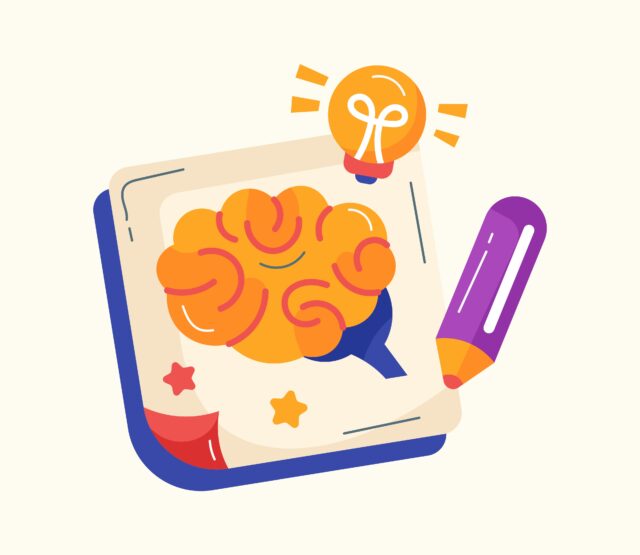 Intentions are a normal part of the human experience. We may have the best intentions in mind in a situation, but they can quickly spiral out of control when circumstances change. Typical intentions don’t allow for adaptability. In order to take circumstances out of the equation, we have to make informed decisions throughout our lives.
Intentions are a normal part of the human experience. We may have the best intentions in mind in a situation, but they can quickly spiral out of control when circumstances change. Typical intentions don’t allow for adaptability. In order to take circumstances out of the equation, we have to make informed decisions throughout our lives.
Informed intentions are a theme in my book The In-Between: Life in the Micro. In this reflective account of my life, I discuss how I evolved from being someone who only focused on the macro—the major goals, priorities, and moments. In doing so, I neglected and rejected the in-between, which describes all the other parts of life.
Let’s look at the idea of informed intentions and how they help you embrace the micro.
What Are Informed Intentions?
An intention is a plan or objective. These are aspirations we expect and desire. They are often abstract in nature. Informed intentions, however, are more concrete, accounting for the information at hand. Setting them revolves around being outcome-driven.
Following this mindset means I develop an intention based on what I want from an experience. It also allows me to avoid getting derailed by changing circumstances. When you hone the ability to do this, getting dysregulated because of the environment happens less often. Further, informed intentions help me be present.
How to Set Informed Intentions
Making this shift in expectations requires some internal work. My book offers many examples. Here are a few insights from those stories:
- Concentrate on the outcome. Guide intentions based on the outcomes you want so circumstances don’t take over.
- Remember that your outer world reflects your inner world. When you have the right internal intentions, experiences improve.
- Consider that the unexpected is always a possibility. Life is full of surprises, and we can’t control them all. Managing intentions and keeping them informed requires focusing on your vision rather than the circumstances.
- Expect circumstances to win if you don’t set an intention. If you approach any scenario without an intention, circumstances will be in the driver’s seat and influence your decisions and responses.
- Align informed intentions with your inner awareness. This internal truth is your authentic self and gut instinct. They are valuable, and you shouldn’t dismiss them. Your informed intentions should be in step with these. When they aren’t, you will face significant internal turmoil.
- Look to awareness as a foundation for making informed intentions a habit. Intentions and awareness should work together. Awareness of self and others is crucial to making informed intentions a natural part of your behavior.
Don’t Let Circumstances Disrupt Intentions
Intentions and circumstances intertwine to create experiences. It’s going to be better if intentions are in charge rather than the circumstances. When you begin to do this on a regular basis, you also grow more connected to the in-between. You can appreciate the micro-moments in life at a completely new level.
Get more insights and practical advice on these concepts by reading my book.












